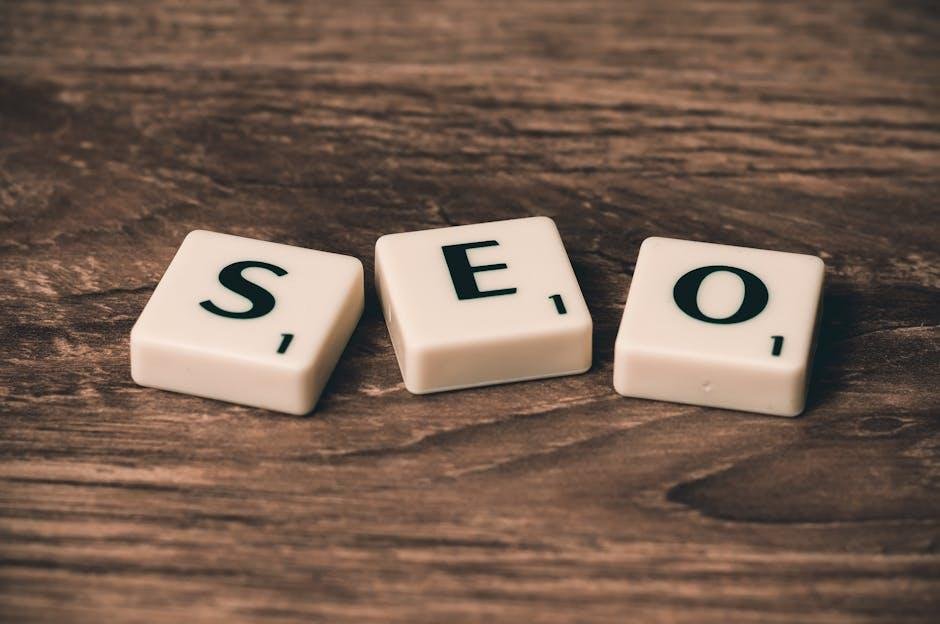1. 🧠 What Google Really Says
Google’s John Mueller:
“Word count is not a ranking factor… blindly adding more text doesn’t make it better.”
In short, a 2,000-word article doesn’t automatically outperform a 500-word one—quality and relevance matter most.

2. Why Longer Content Often Ranks — Indirectly
a. Topic Depth & Coverage
Longer content allows you to explore subtopics, answer related queries, and cover nuances—matching what Google and readers expect from comprehensive answers .
b. Keyword Reach
You gain more space for natural use of primary, secondary, and long-tail terms, without spammy repetition .
c. Linkability & Authority
Studies show deeper content attracts more backlinks and shares—which do directly help rankings .
d. Engagement Signals
Rich, well-structured content keeps users scrolling, which reduces bounce rates and boosts dwell time—positive signals to Google .
3. Context Is Everything: Intent & Complexity
- Simple answers (e.g., “What’s today’s exchange rate?”) often need only 100–300 words .
- Complex or research-heavy topics (e.g., “How to file taxes for freelancers”) may require 2,000+ words .
As Reddit wisdom puts it:
“Articles should be as long as they need to be, and as short as they can be.”
4. Optimal Length: Benchmarks & Sweet Spots
Studies show:
- Top-ranked pages often average 1,400–1,900 words .
- The correlation between length and ranking improves up to about 2,000 words—beyond that, gains diminish and can even reverse .
- Typical ranges: 1,500–2,500 words for authority guides; 800–1,200 words for quick-read content .
5. What Really Counts
| Factor | Role in SEO |
|---|---|
| Search Intent | Matching true query needs is the foundation—length follows intent |
| Quality & Relevance | Topical accuracy, E‑E‑A‑T, clarity, structure, examples, user-focused content |
| Backlinks & Shares | These external endorsements boost authority and drive rankings |
| Engagement Metrics | Time-on-page, bounce rate, scroll depth—these influence rankings indirectly |
6. ✅ Practical Framework
- Assess your topic: Is it quick info or a deep dive?
- Analyze competitors: What content lengths are already ranking?
- Map content needs: Use outlines—ensure coverage and clarity over filler.
- Publish smartly: Don’t pad unnecessarily—if intent is answered well, shorter is fine.
- Monitor results: Check rankings, engagement, backlinks—iterate and expand if needed.
Bottom Line
- No, Google doesn’t reward longer content per se.
- Yes, depth, relevance, readability, and authority often correlate with length.
- Strategy: Write to match intent—go deep if needed, stay concise when appropriate, and focus on value over bulk.






